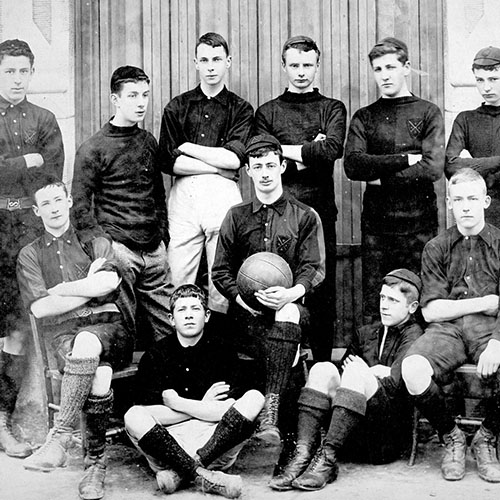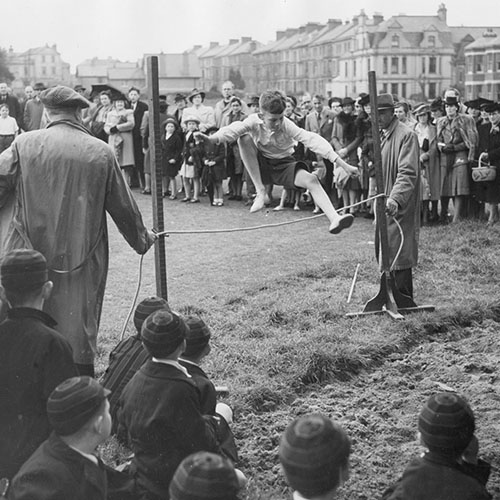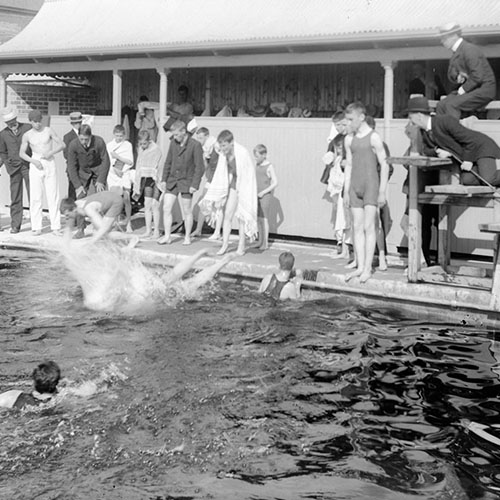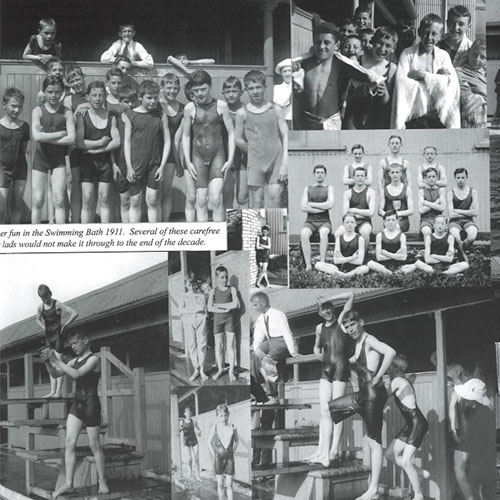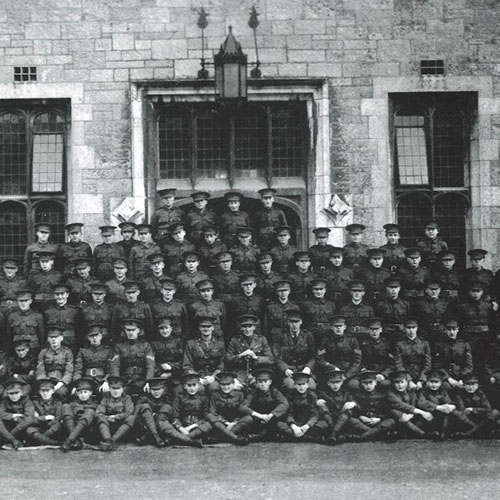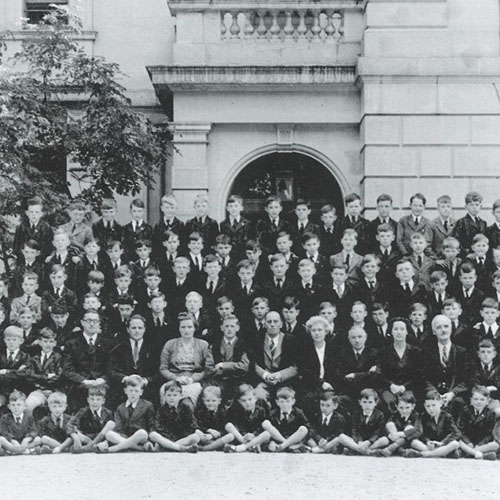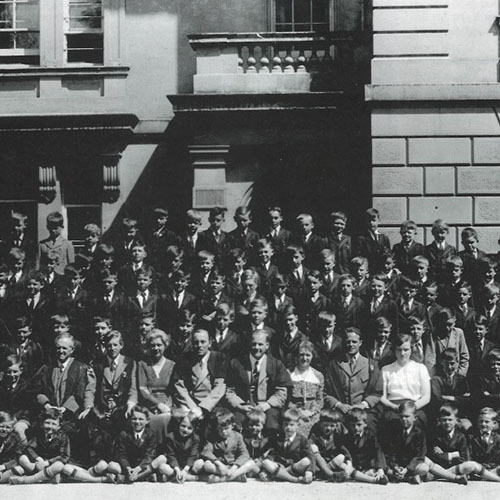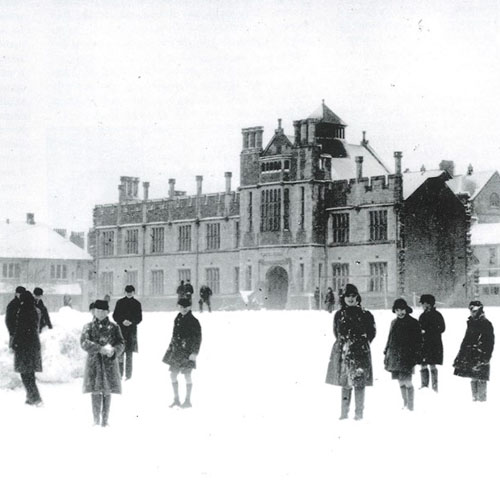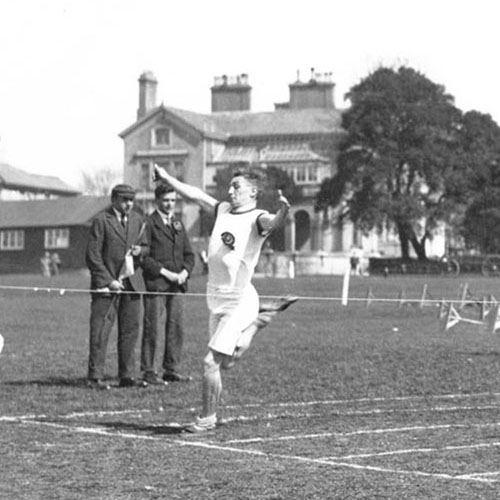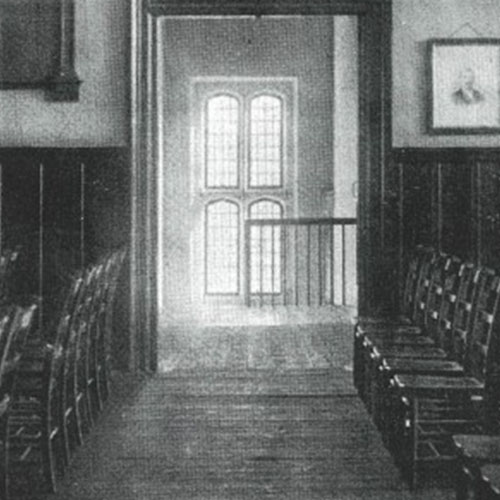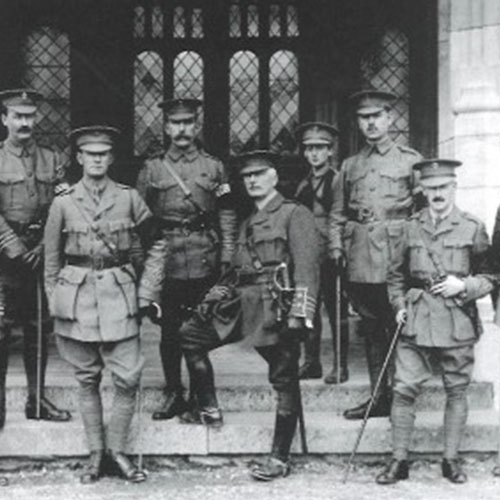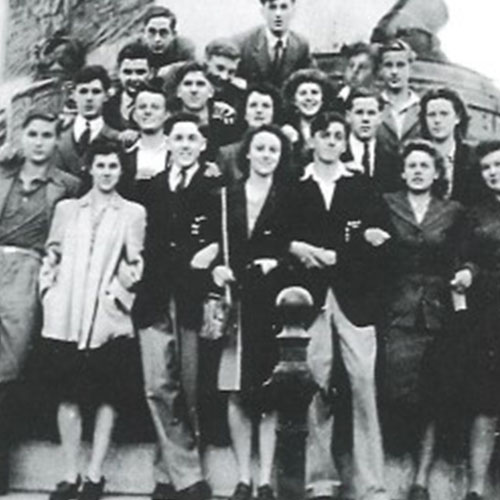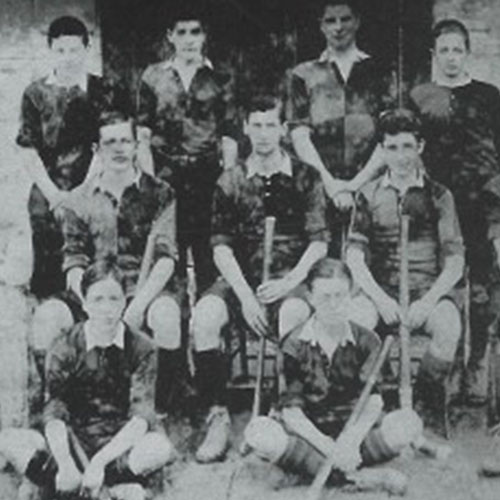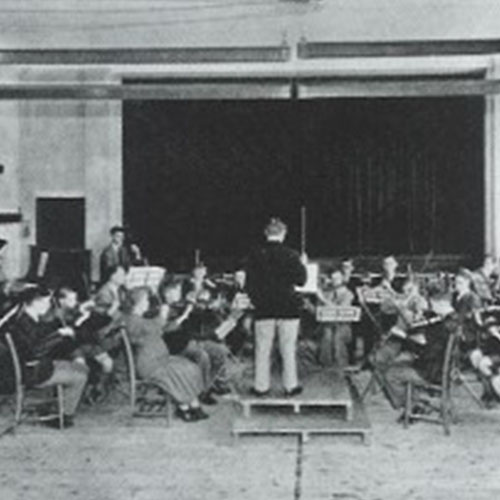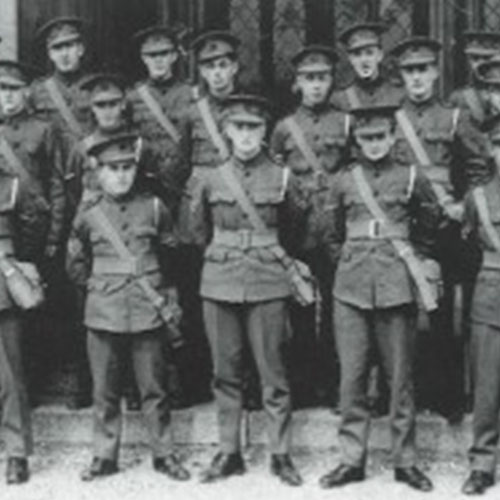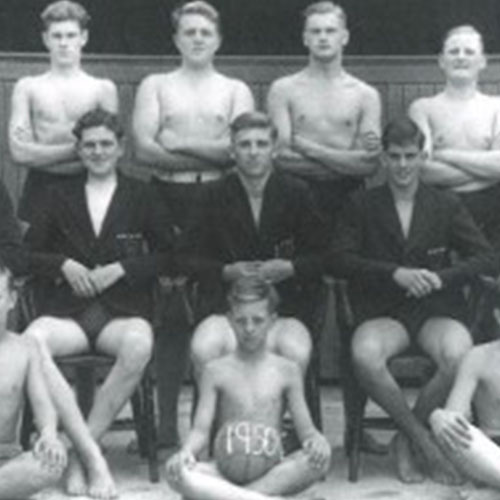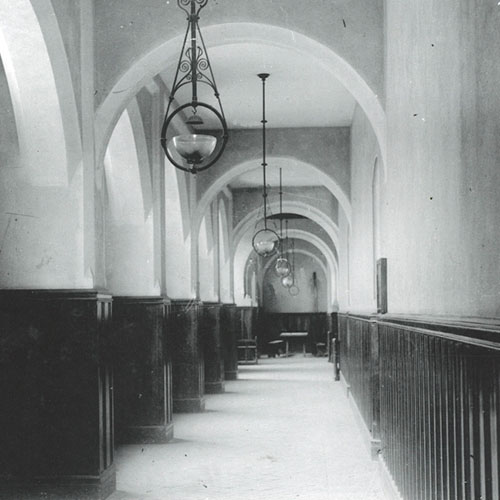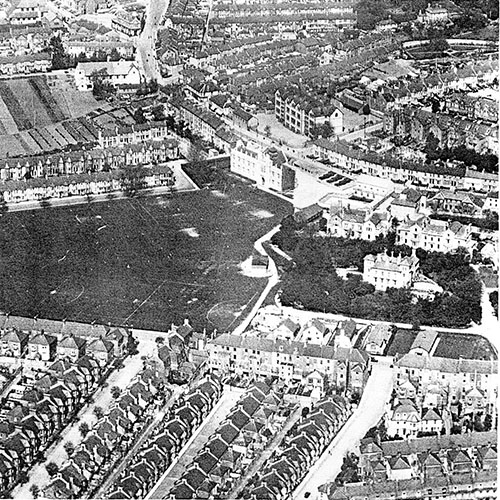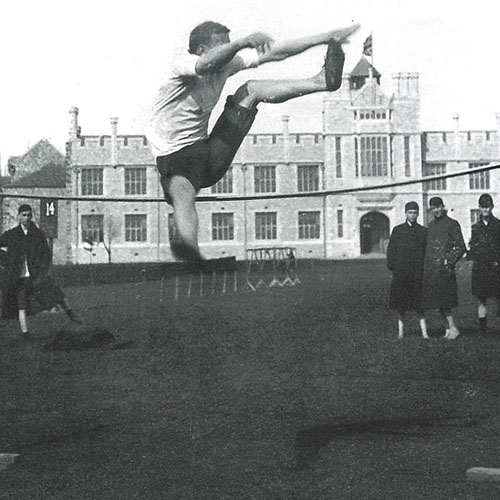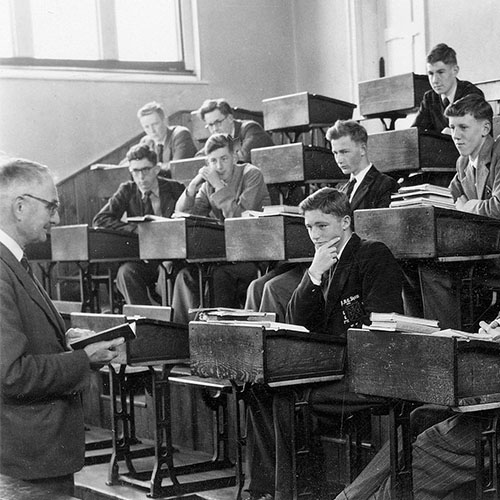Founded in 1877, Plymouth College has a rich history of educational excellence in the heart of Plymouth. Through key mergers and unwavering resilience, the school has evolved, embracing a modern, forward-looking ethos where everything is possible for its pupils.
History of the School
Foundation and Early Years
Plymouth College was established in 1877, the aim was to create a leading independent school. The school quickly established a reputation for academic rigour, guided by its enduring motto, which at the time read: “La Union Fait La Force” (Union Gives Strength”) this then changed to “Dat Deus Incrementum” (God Gives the Increase).
Originally as a boys’ school, Plymouth College has a unique history of providing a first class, holistic and outward-looking education. During the middle of the 20th Century, the College served as a direct grant grammar school until 1976, when it became independent and the first girls were admitted to the school’s Sixth Form. It became fully coeducational in 1995, and in 2004 the College merged with St Dunstan’s Abbey School. In September 2021, the Prep School joined the Senior School on the Ford Park site, joining together all our pupils for the first time in 70 years. We look towards our 150th anniversary in 2027.
Service Through World Wars
The early to mid-20th century saw Plymouth College profoundly impacted by global conflict. As a major naval port, Plymouth endured heavy bombing during the Blitz of World War II. During the Second World War, Plymouth College played a vital role in supporting the national war effort. The school field became home to a barrage balloon, a key part of Britain’s air defence system, while units of the Home Guard, affectionately known as Dad’s Army, were stationed on-site at Ford Park, ready to defend against the threat of invasion.
Amidst the uncertainty of war, school life continued with remarkable resilience. A poignant photograph from the time captures pupils participating in games on the field, running around American anti-aircraft guns – a powerful symbol of determination in extraordinary times.
The school’s longstanding Combined Cadet Force (CCF) played a significant role during these times. A poignant testament to this period is the school’s War Memorial, which honours the 103 former pupils who tragically lost their lives in the First World War and the 68 who we lost in the Second World War, alongside others lost in subsequent conflicts.
Evolving Education
The post-war era heralded significant evolution for Plymouth College, most notably in its embrace of co-education. A pivotal moment arrived in 1976 with the admission of the first girls into the Sixth Form, marking a departure from its traditional boys-only senior school environment. This was followed by the transition to becoming a fully co-educational institution in 1995, a change that fundamentally reshaped the school’s demographic and culture.
This marked an important moment, broadening the school’s appeal and enriching its academic and social environment. The move towards full co-education was completed in 1995, allowing boys and girls to learn alongside each other across all year groups. This inclusive approach was further cemented in 2004/2005 with the merger of St Dunstan’s Abbey School, a respected local girls’ school founded in 1867. This amalgamation brought together two institutions with rich histories, enhancing the resources and expertise available to all pupils, particularly strengthening the prep school.
Fostering Excellence
Beyond its academic curriculum, Plymouth College has long fostered excellence across a wide spectrum of activities. The school boasts a strong reputation in sports, notably in swimming, which has produced Olympic-level athletes. Our fencers have competed on the world stage and rugby, netball and hockey teams have enjoyed national success
The Combined Cadet Force (CCF), with Royal Navy, Army, and RAF sections offers pupils opportunities for leadership and personal development. The school’s commitment to outdoor education is exemplified by its Whiteworks Outward Bound centre on Dartmoor, providing challenging and character-building experiences. This holistic approach aims to develop well-rounded individuals, encouraging students to explore diverse interests, from the arts and drama to debating and community service, ensuring a vibrant and enriching school life.
Alumni Legacy and Ethos
The impact of Plymouth College is evident in the achievements of its former pupils, known as Old Plymothians and Mannameadians (OPMs). The school has nurtured a diverse array of talents, with notable alumni including Olympic diver Tom Daley, acclaimed actor and singer Michael Ball, comedian Dawn French, and international rugby player Henry Slade. These individuals, among many others, reflect the school’s success in empowering pupils to pursue their passions.
The OPM association maintains a strong network, connecting generations of alumni. Today, the school continues to be guided by the spirit of its modern interpretation of its motto: “Where Everything Is Possible,” encouraging current students to aim high and make their own mark on the world, building on the legacy of those who came before them.
Explore the exciting learning journey that begins in our Prep School.
Discover the vibrant and challenging environment of our Senior School.
Elevate your learning: Experience our empowering Sixth Form.
